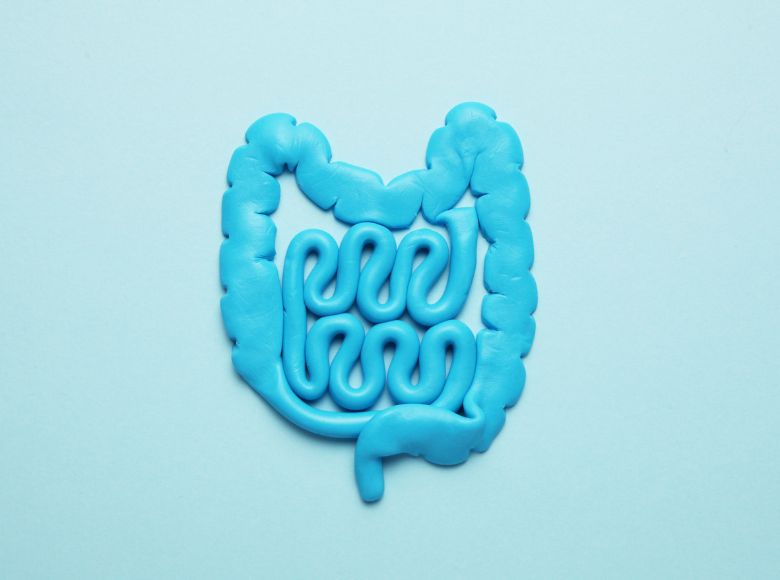Does stuff really leak out of your intestines when you have a leaky gut?
The truth is the contents of the small intestine escape through the wall into the bloodstream. This can trigger many different inflammatory disorders and flare up your Hashimoto’s hypothyroidism, making it difficult to manage.
Leaky gut is associated with symptoms including:
- Hashimoto’s hypothyroidism symptoms
- Skin problems (eczema, psoriasis, rosacea, acne, etc.)
- Chronic pain
- Autoimmune disease (including Hashimoto’s hypothyroidism)
- Puffiness
- Fatigue
- Brain fog
- Depression
- Anxiety disorders
- Poor memory
- Asthma
- Food allergies and sensitivities
- Seasonal allergies
- Fungal infections
- Migraines
- Arthritis
- PMS and other hormonal issues
Leaky gut, referred to as intestinal permeability in the research, means the lining of the small intestine has become inflamed, damaged, and overly porous. This allows undigested foods, bacteria, molds, and other pathogens to enter the sterile environment of the bloodstream. The immune system attacks these compounds, triggering inflammation that, when constant, turns into chronic health disorders such as Hashimoto’s hypothyroidism.
Intestinal permeability is now on the research radar
Conventional medicine once believed leaky gut wasn’t a valid concept, but researchers now validate intestinal permeability as linked with many chronic disorders, including inflammatory bowel disorders, gluten sensitivity, celiac disease, Crohn’s disease, type 1 diabetes, depression, and Hashimoto’s hypothyroidism.
How to repair leaky gut when you have Hashimoto’s hypothyroidism
If you have Hashimoto’s hypothyroidism — even if it’s not digestive — addressing leaky gut is vital to improving your health. The bulk of this work is done through diet. The most common causes of leaky gut are processed foods, excess sugars, lack of plant fibers, and foods that trigger an immune reaction (as in gluten sensitivity).
Excess alcohol, NSAID use, and antibiotics are other common culprits.
A leaky gut diet, also known as an autoimmune diet, helps many people repair leaky gut. Stabilizing blood sugar is also key.
If you have Hashimoto’s hypothyroidism, you are not managing correctly, or if your liver is not detoxifying properly, you will likely have problems with intestinal permeability. Nutrients that can help support liver detoxification include milk thistle, dandelion root, and schizandra.
In addition to diet, many nutrients can help support gut healing. Some of these include probiotics, enzymes, l-glutamine, deglycyrrhizinated licorice root, collagen, hydrochloric acid, and anti-fungal herbs.
Targeted nutrients can help stabilize blood sugar, manage stress, tame inflammation, and support a healthy balance of gut bacteria. If you have an autoimmune condition such as Hashimoto’s hypothyroidism, managing intestinal permeability can be a lifelong process as autoimmune flares can inflame the gut.
Contact our team for advice about intestinal permeability dietary and supplement questions. We’ll get your blood work ordered (anywhere in the US), then determine the exact supplementation you need and for how long.







